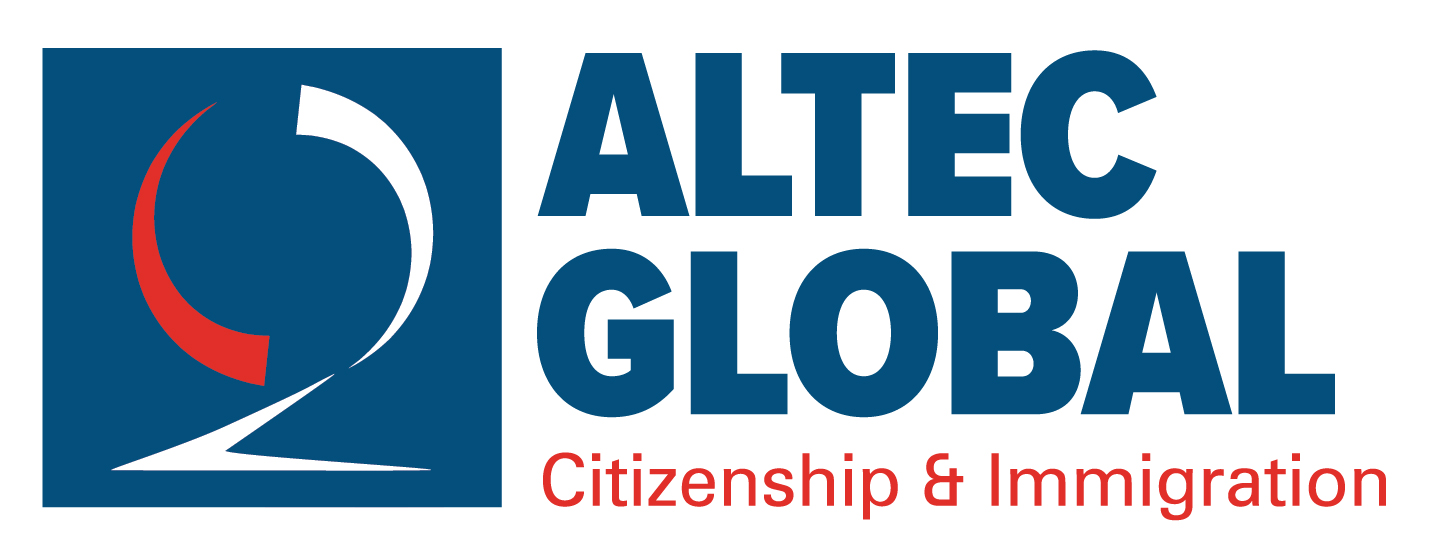Worried about your PR status potentially being revoked?
As someone with permanent resident status in Canada, you are entitled to certain benefits, and can live, work and study in Canada freely. You can also apply for Canadian citizenship when you have met all of your eligibility requirements.
Permanent residents, however, also must follow all laws including paying taxes. To maintain your permanent resident status in Canada you have to live in Canada for 730 days in a five year period. This works out to about two years out of five. These 730 days do not need to be continuous, but if the residency requirements are not met, then permanent residency status could be revoked.
What can make you lose your permanent resident status? A judge can rule that you are no longer a permanent resident. You can also willingly give up your status. You can receive a removal order. Or, you can move from permanent resident to Canadian citizen through proper immigration channels.
There can be pitfalls while maintaining your permanent resident status. Personal and employment requirements can make it so that maintaining the 730 day residence can be difficult. Consulting Altec Global A+ team can help you navigate the arduous path.
We can provide:
- Speedy Canada permanent resident card replacement
- Solutions to all types of Canada permanent resident card complications
- Permanent resident card renewal.
We can help:
- Keep and renew your permanent resident Canada card even with insufficient residence time.
- Long term planning and solution for your citizenship application.
Please contact us as soon as possible to preserve and retain your status!
Citizenship
Changes to the Citizenship Act as a Result of Bill C-6
Bill C-6 was an Act to amend the Citizenship Act. As a result, all citizenship applications received thereafter are subjected to the changes made by Immigration, Refugees, and Citizenship Canada for approval.
Citizenship Act Changes
On June 19, 2017 , Bill C-6 passed Parliament and received Royal Assent. Some immediate changes include:
- The requirement to intend to live in Canada once citizenship was repealed provides more flexibility to Canadians who may need to live outside of Canada for work and personal reasons.
- Citizen revocation provisions only applying to dual citizens were repealed. Dual citizens living in Canada who are convicte3d of crimes such as treason, espionage, and terrorism will face the Canadian justice system, like other Canadian citizens who break the law.
- Minors can qualify independently without the need to have a Canadian parent, as the age requirement for citizenship has been removed.
- Statelessness has been added as a standalone ground that can be considered for a discretionary grant of citizenship.
On October 11, 2017 , further changes were made to the Citizenship Act as a result of Bill C-6. These changes include:
- Required physical presence in Canada was reduced to 3 out of 5 years, with no minimum number of days per year, before applying for citizenship. Previously, applicants had to be physically present in Canada for 4 out of 6 years, with a minimum of 183 days in each of the four calendar years during the qualifying period.
- Days spent in Canada before becoming a permanent resident (as a temporary resident or protected person) within 5 years of applying for citizenship, count as half-days, up to a maximum of 1 year (up to 365 days). Previously, the time spent in Canada before becoming a permanent resident did not count towards the physical presence requirement for citizenship.
- Age range for language and knowledge requirements was changed to 18-54 years old. The applicant must meet language (English/French) requirements and take the Citizenship Test to demonstrate knowledge of Canada and the responsibilities and privileges of citizenship. Previously, those aged 14-64 years had to meet the language and knowledge requirement for citizenship.
- Matching the new physical presence requirement, applicants have to file Canadian income taxes (if required to do so under the Income Tax Act) for 3 out of 5 years. Previously, applicants had to file Canadian income taxes for 4 out of 6 years.

